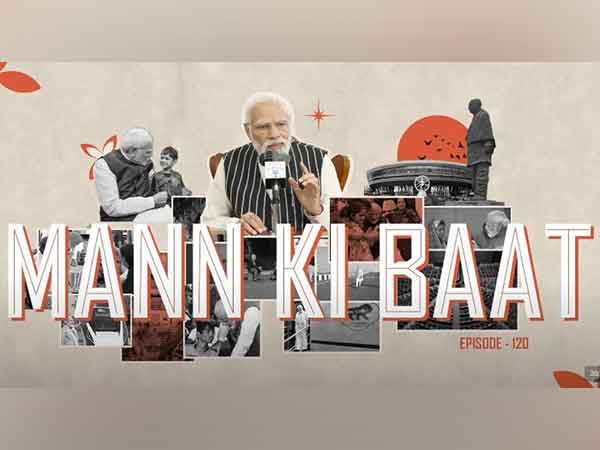Prime Minister Narendra Modi on Sunday expressed concern over the growing issue of textile waste in India, linking it to the rising global trend of fast fashion.
In his monthly ‘Mann Ki Baat’ address, the PM highlighted the alarming impact of textile waste, emphasizing how the habit of discarding old clothes in favour of new ones has become increasingly common. “Have you ever wondered what happens to the clothes you no longer wear? They turn into textile waste,” he said.
Citing research, the prime minister pointed out that less than one percent of textile waste is recycled into new clothing worldwide. He further noted that India ranks as the third-largest producer of textile waste, underscoring the urgent need for sustainable solutions.
Despite the challenges, PM Modi lauded various initiatives across the country aimed at tackling textile waste. He emphasized that many Indian startups are developing textile recovery facilities and contributing to the growth of sustainable fashion.
“Several organizations are working to empower ragpicker communities, while many young entrepreneurs are engaged in recycling old clothes and footwear to distribute to those in need. Textile waste is also being transformed into products such as decorative items, handbags, stationery, and toys,” he said.
The prime minister also highlighted the rise of circular fashion brands and clothing rental platforms, which allow consumers to rent designer outfits instead of purchasing them outright.
During his address, he commended the significant contributions of three Indian cities—Panipat, Bengaluru, and Tirupur—towards sustainable textile waste management.
“Panipat in Haryana is emerging as a global hub for textile recycling. Bengaluru is setting an example with innovative technological solutions, collecting more than half of the textile waste in the region. Similarly, Tirupur in Tamil Nadu is making strides in waste management through wastewater treatment and renewable energy initiatives,” he said.
PM Modi urged citizens to be more conscious of their fashion choices and to support sustainable practices that reduce textile waste.
(ANI)














